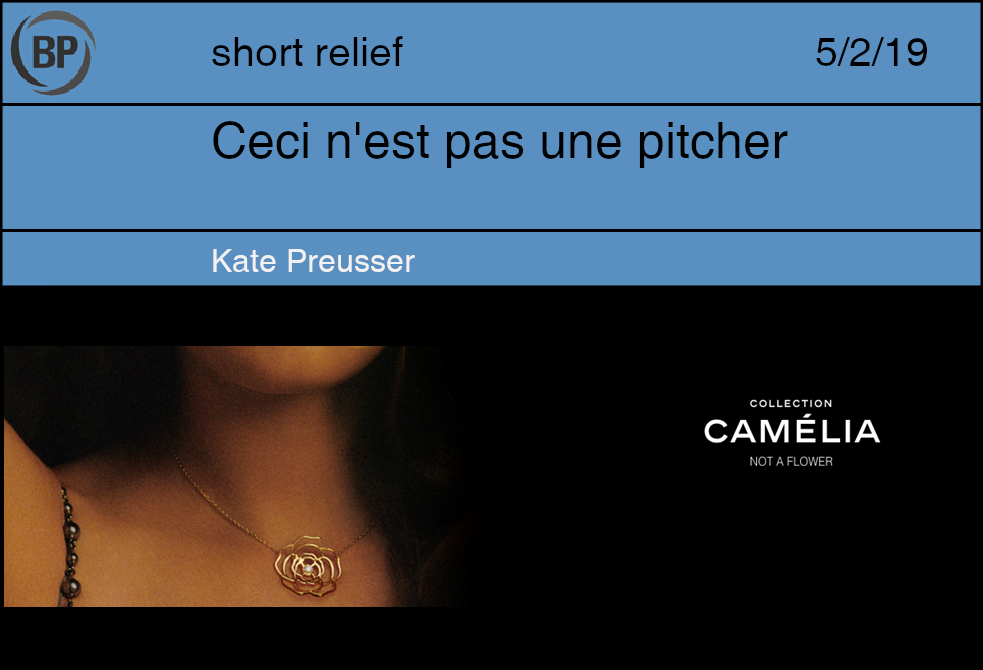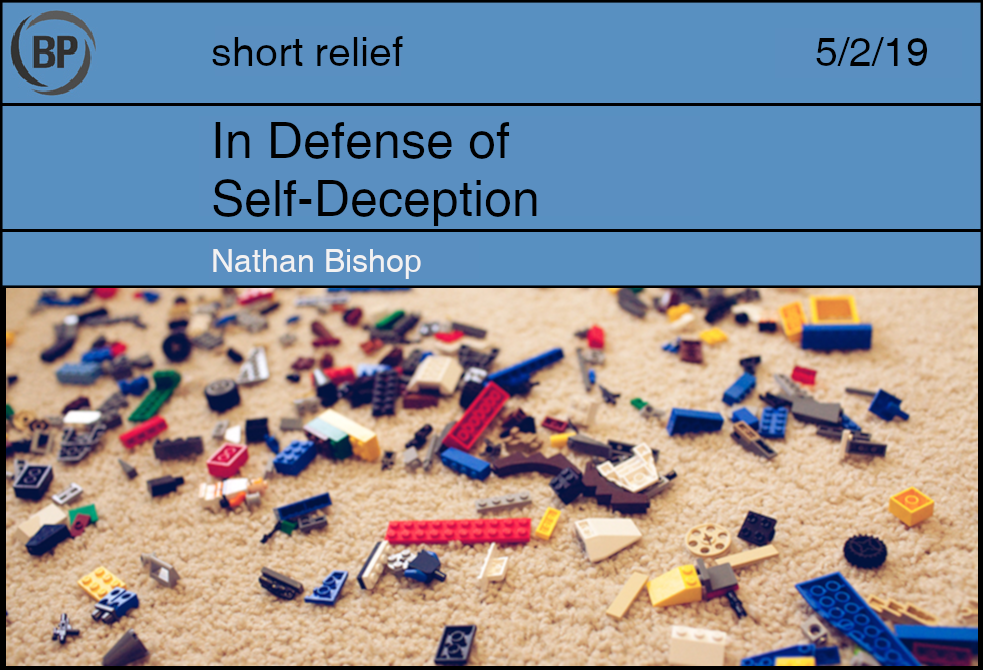
In what can only be described as extreme algorithm malfunction, for the past week I have gotten a relentless stream of promoted tweets for Chanel’s new Camélia line every time I open Twitter. The copy, which can charitably be called sense-adjacent, is written in that bizarre tone that must function as Galton’s whistle for the very rich, but to normies just sounds like your friend urgently whispering to you in the back of an Uber after the edible hits:
Beware of appearances. The CAMÉLIA is not a flower. It is the proclamation of singular, natural allure that comes in many forms. The symbol of an independent and rebellious attitude. The spirit of a woman who cultivates the art of unpredictability.
Despite sharing the exact petal structure of a camellia flower, down to the center diamond representing the stamen and pollen tubes (fancy!), this is NOT a flower. It looks so much like a camellia that, as someone who grew up surrounded by the flower-dropping shrubs, I hope I don’t meet any in the real world, lest I be seized by muscle-memory to snatch it off the wearer’s neck and deposit it in the nearest yard waste bin. But this is not a flower. The petal structure is so evocative, the rose-gold color so close to the blush of a bloom, you would be forgiven for stretching a finger towards it and being surprised by metal instead of velvet. But this, Chanel insists, is not a flower.
While I roll my eyes every time this particular tweet rolls across the timeline (which again, why; the Pétales De Camélia necklace costs more than I make in several months of work), I like the spirit behind it: the idea that the physical representation is just that, a representation; that we are more than the collection of cells that bears our name; that we do, in fact, contain multitudes. It’s an idea I’d imagine to be especially appealing to baseball players, who spend their careers having their essences, their innumerable selves, distilled to a few sentences on a scouting report, and then, if they’re really lucky, a few numbers on the back of a baseball card, or on a graphic that flashes across a screen. It’s appealing to fans, too, who love to see a pitcher sock a dinger, a power hitter lay down a perfect bunt, who love the Astudillos and Vogelbachs and Bartolos and Altuves of the world. We love it in the way we love survival movies or the Olympics or hot dog-eating contests: to laugh in the face of expectation while celebrating the limitlessness of what lives inside the human bodies, the flower that is not a flower.

I have been thinking about self-deception recently. As my colleague wrote yesterday, “Baseball, like everything in life, demands an almost constant state of cognitive dissonance”, and I think that is probably correct. We are perpetually bargaining with ourselves over our decisions to enjoy the game we love. Its ruthlessness, the capitalist heart that pumps blood to the various organs and limbs of the game, are bad, and thus we are bad for partaking in it.
Yet partake we do, and so we seek to assuage our guilt by loudly condemning the things within it we find reprehensible, immoral, and unethical. We do this, perhaps in part out of legitimate concern for these broken systems and the ruin they enact on so many lives, but at its heart we know our voice doesn’t matter. Baseball’s recent and growing ability to separate its profits from the individual and collective fan decision to attend games means our voices, in any meaning effectual sense, will grow quieter long before they grow louder. Stripped of the self-deception of our own empowerment, our laments and complaints are seen what they are: self-focused and self-indulging.
Now if you’ve followed me this far without hating me, first of all, I’m very grateful. Secondly, let me just offer that it’s totally OK to lie to yourself! If grinding whichever various axe you have against the manifold injustices surrounding baseball (and there are plenty of options) allows you to enjoy watching Chris Paddack throw a two-strike change up to Freddie Freeman that moves like it’s in a wind tunnel, by all means do so! Baseball contains massive, possibly unresolvable bad elements. However, the presence of bad does not make a thing incapable of good, and baseball has, and always has, contained far more good than bad.
Learning to tell ourselves the little lies we need to exist in baseball’s complex moral ecosystem is excellent practice for the larger, more pressing demands of life. If you are fortunately cursed with children, as I am, you know practically every moment is filled with immense struggle and self-sacrifice. We clean up vomit at 3 AM, write daily checks for doctors, school programs, Legos, and constantly force our own health and rest further and further towards the peripheral. We do this, and we tell ourselves it is not only ok, but that it is good. Preferable, even, to a life without children. Is this a lie? I ask again, without knowing the answer: Is this a lie?
Without the ability to rationalize, to tell ourselves rightly or wrongly that so many daily actions costing us our labor, our rest, our peace of mind our worth it, we would be unable to endure the process. So we continue on, telling ourselves tomorrow we’ll sleep in, that this doctor’s bill is the last big expense for awhile, that the tears of the evening have taught a lesson, that it has all been worth it.
Coping is coping, and just because the gears turning this big, beautiful, stage-play of a sport and existence are oiled and powered by wage depression and racial injustice, with a big old side-serving of misogyny and lord knows too many other awful things to mention on the side, doesn’t mean we should feel bad for doing what we need to do to enjoy watching Mike Trout own the entire league, or appreciate the simple comfort of a clean home, a quiet morning, and time with family and loved ones.
Living requires self-deception, and self-deception is hard and exhausting. In a better world we’d have no need of it. But there is too much worth enjoying, too many diving catches, too many walk-offs, too much green grass and too many blue skies, to not give ourselves the little grace we need to enjoy them.
Thank you for reading
This is a free article. If you enjoyed it, consider subscribing to Baseball Prospectus. Subscriptions support ongoing public baseball research and analysis in an increasingly proprietary environment.
Subscribe now